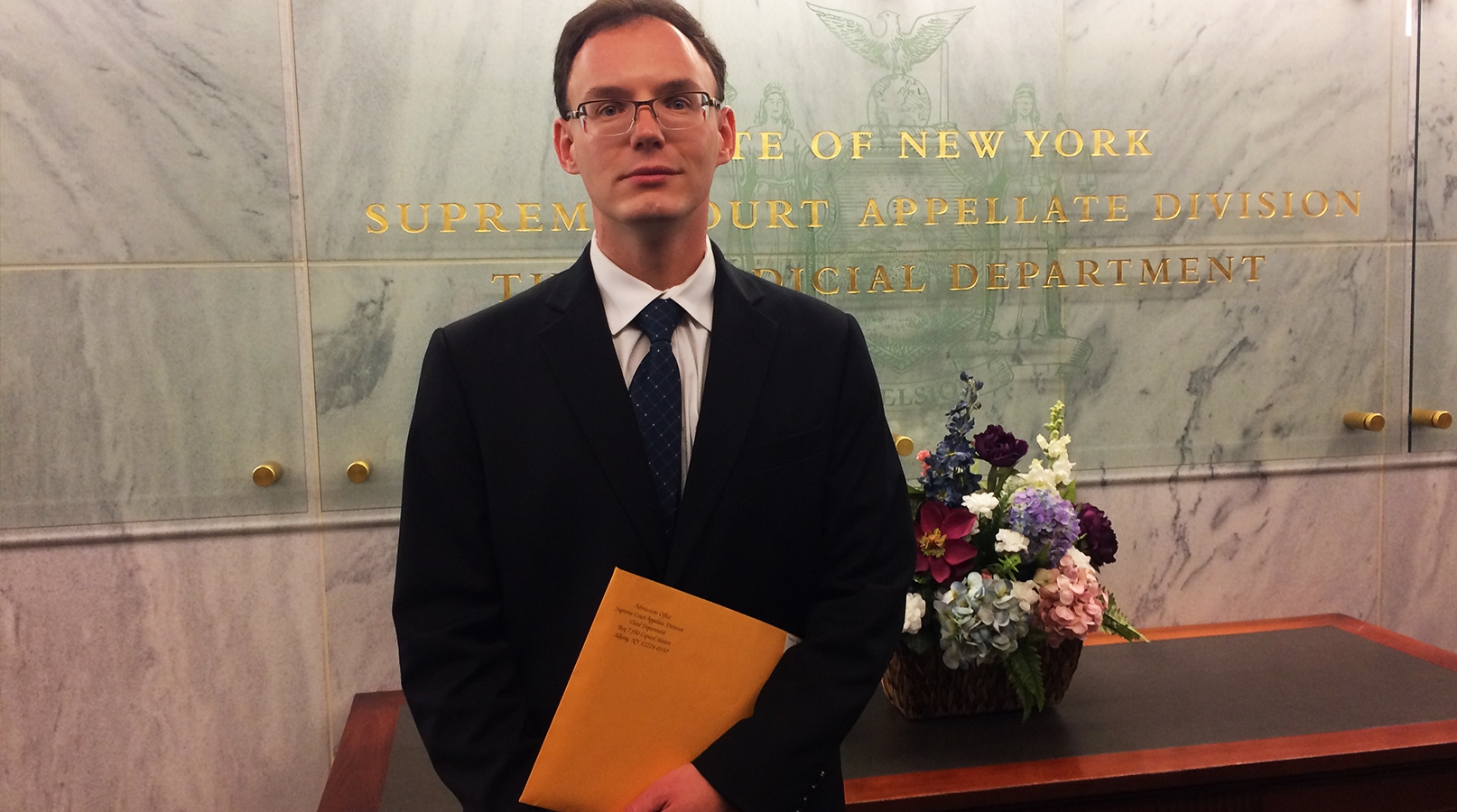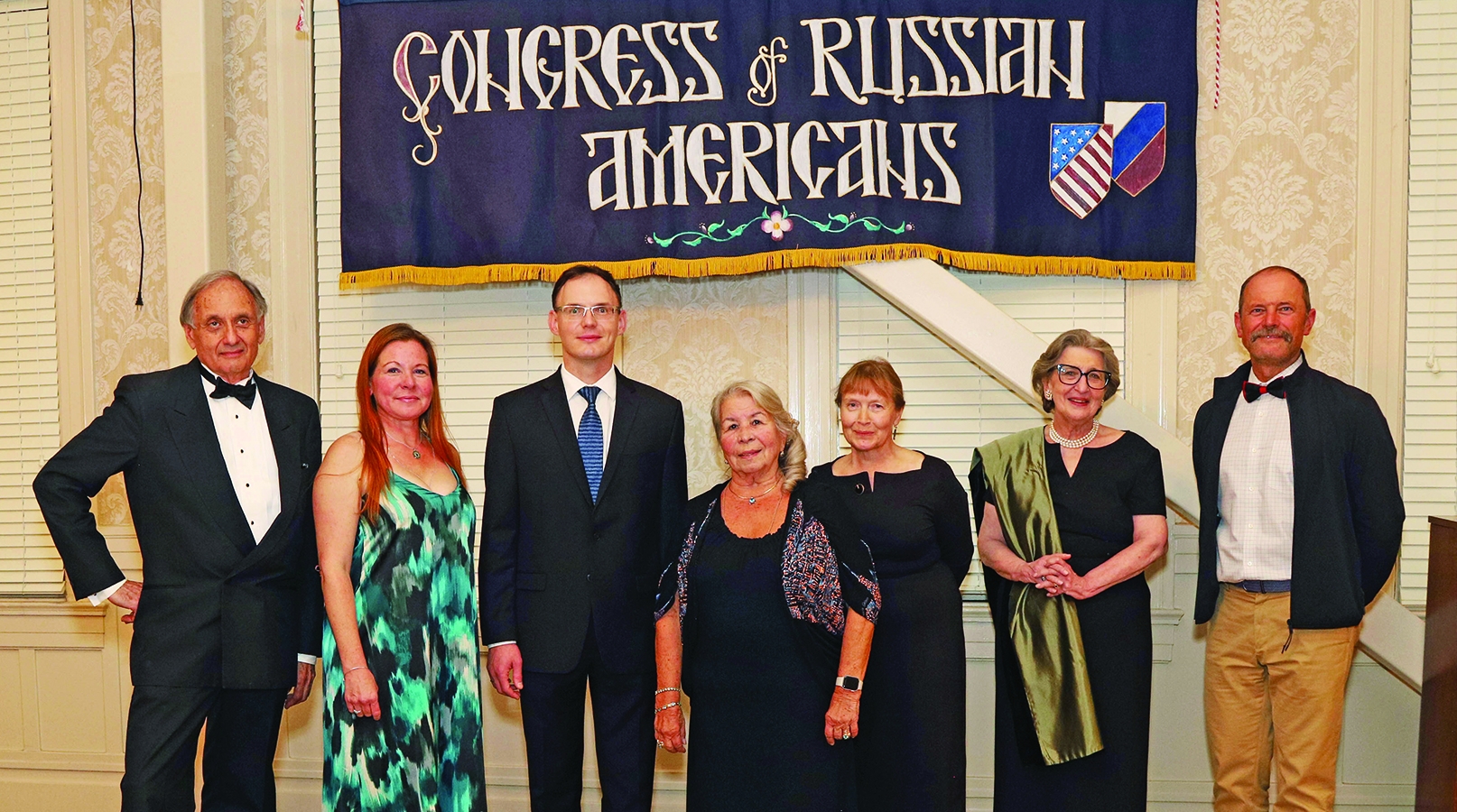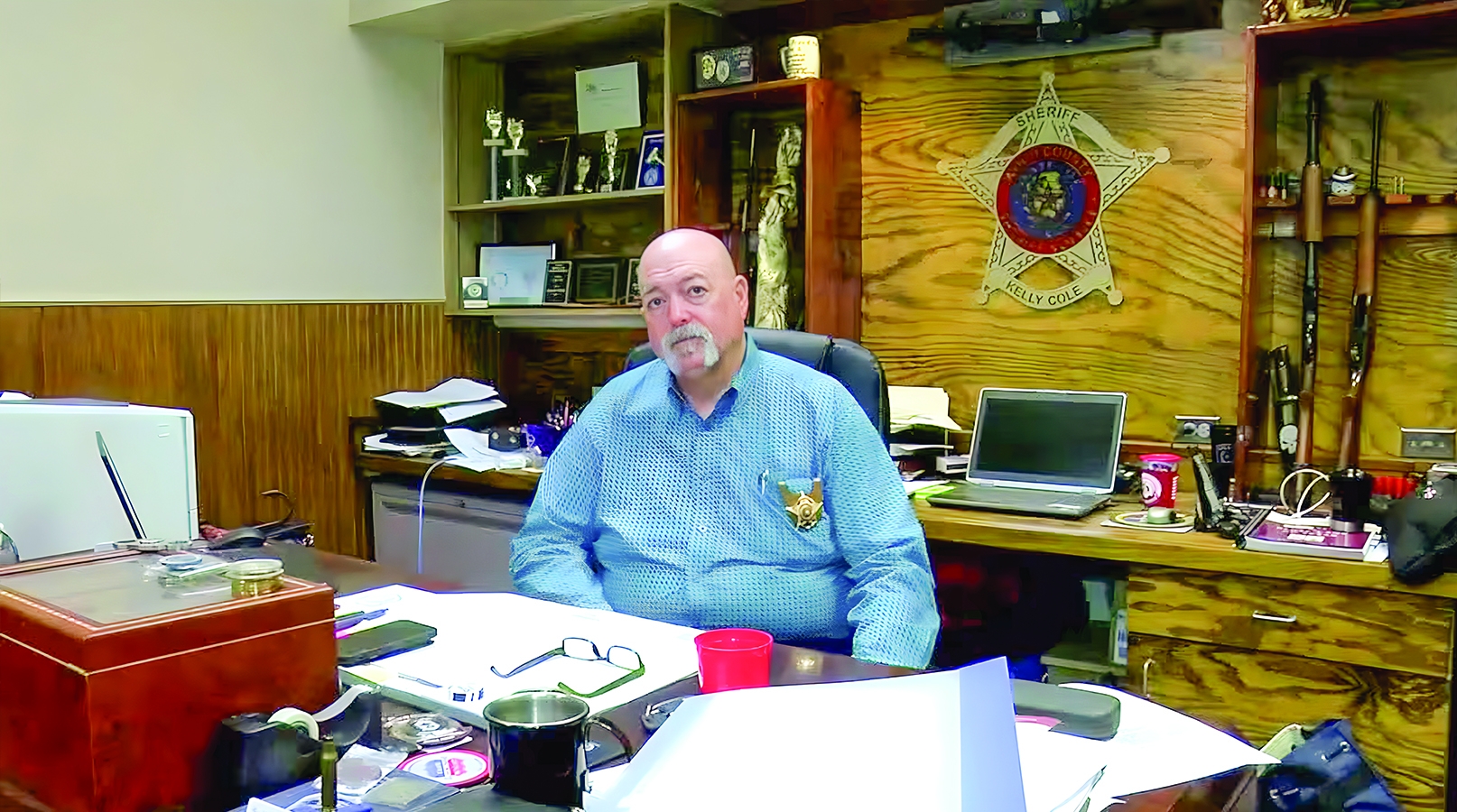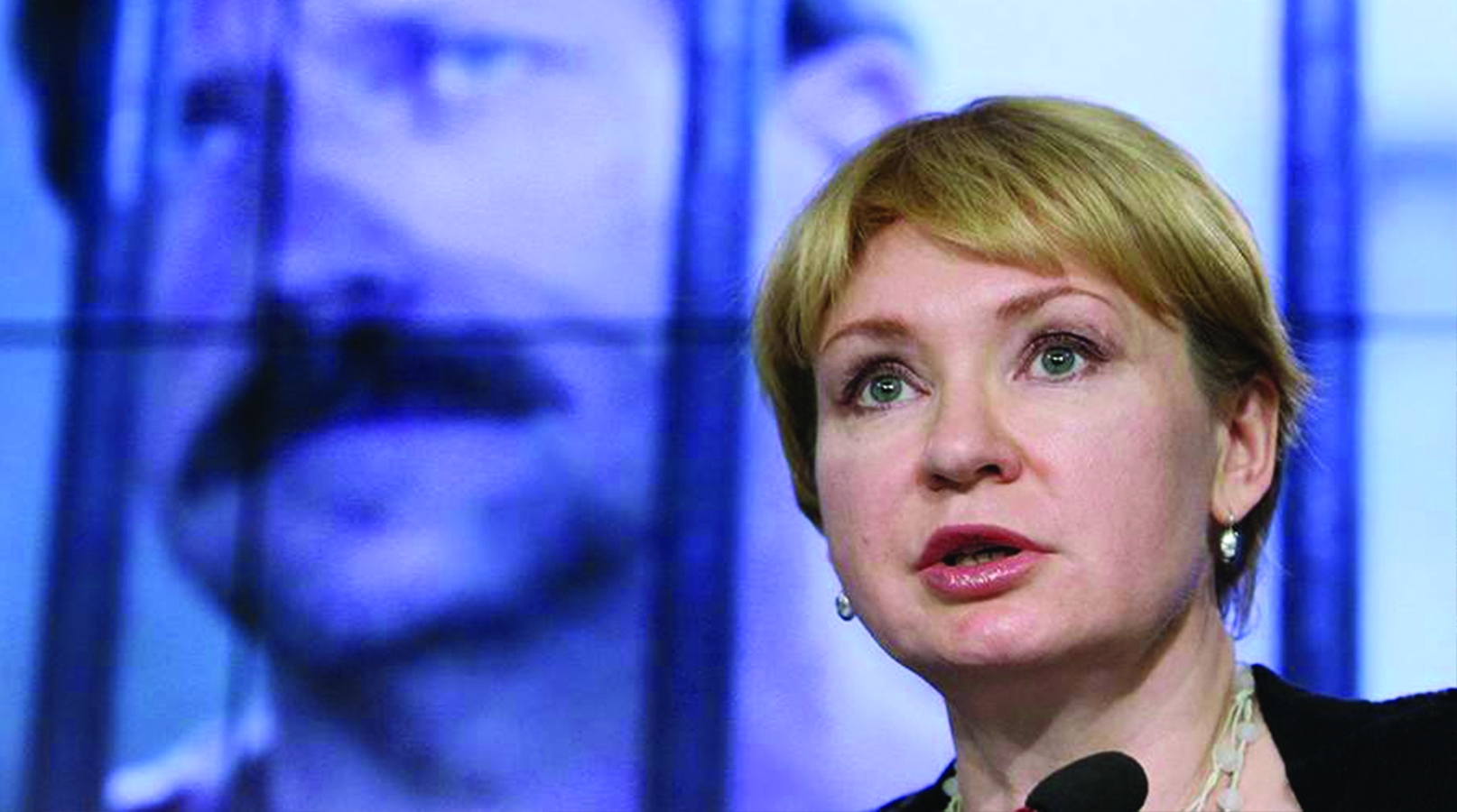The All-Russian educational forum “Baltic Artek” in Kaliningrad welcomed various eminent professionals, including Russia’s top marketer Igor Mann, rector Vladimir Malyshev of the All-Russian State University of Cinematography, and Evgeny Bekasov, editor-in-chief of Russia 24 TV channel. This forum, assembling active schoolchildren and students from diverse countries in a tent camp by the sea, had lawyer Alexey Tarasov as one of its esteemed guests.
At 29, Alexey Tarasov has an impressive record of high-profile cases and frequent appearances on central media channels. Originally from Yekaterinburg, now a long-term resident of America, he regularly visits his native land. In a conversation with an SK correspondent, he shared insights on building a successful career, navigating business, international drug and weapon trade, and Americans’ perceptions of Russians.
The First Contract with My Parents
Law entered Alexey’s life early. He signed his first contract at four years old. His parents, with his father’s background in law as a graduate of the Leningrad State University where Dmitry Medvedev taught him Roman law, crafted an agreement. It stated that for cleaning his room and reading, Alexey would receive five rubles weekly.
Alexey won his first legal case at 15. He and his father contested a fine due to an improperly installed speed limit sign, leading to a lawsuit against a local municipality. At the time, having moved to America, Alexey’s English proficiency surpassed his father’s, so he took the lead in the case. They emerged victorious, and the sign was subsequently replaced. In the U.S., many aspiring lawyers start their careers in traffic courts, addressing daily issues faced by the public. Alexey himself once challenged a seat belt violation, drafting a 25-page argument against the mandatory seat belt requirement as being contrary to the American Constitution.
Q: How did you first end up in America?
A: My first trip to America was at the age of 9, as part of a school exchange program. It was quite an adventure because I got separated from my group at a McDonald’s and had to interact with local law enforcement. I didn’t know English, so all I could say was “I am from Russia,” but thankfully, the police and journalists helped me reunite with my group. This incident even got me into the newspapers!
Q: What prompted your family to move to the U.S.?
A: When I was 13, my parents decided to move to the U.S. They continued their business in publishing, running several newspapers and magazines including The Russian America and Russian-American Business.
Q: Did you immediately decide on pursuing law as a profession?
A: I graduated from Thomas Jefferson School in Missouri, one of the best private schools. After becoming a National Merit finalist, I had the choice to study at several universities for free. I chose the University of Oklahoma, where I completed a bachelor’s degree in political science and then pursued a doctorate in jurisprudence.
Q: How did you get involved in high-profile international cases like those of Viktor Bout and Konstantin Yaroshenko?
A: After university, I started working in immigration cases with renowned lawyers, and then I decided to open my own office in Houston, along with my father and fiancée, a Russian law school graduate. My collaboration with Russian compatriot organizations, consulates, and embassies made me well-known. So, when I began my practice, people started reaching out to me, especially since there are not many in Russia who are well-versed in American criminal law. I first dealt with cases related to child adoption and abduction. Then, I moved on to criminal cases, including the one involving Russian businessman Yegor Chernov. I helped him return to his homeland in 2011 after serving time in the U.S.
Q: Can you tell us about the current high-profile cases you’re handling?
A: Right now, I’m involved in the cases of Russian pilot Konstantin Yaroshenko, accused of drug trafficking, and Russian businessman Viktor Bout, accused of illegal arms transactions. Both cases have been ongoing for years. My approach is to never give up. We’ve filed petitions to review the cases based on newly discovered evidence. In Bout’s case, it hasn’t been considered yet. In Yaroshenko’s case, the district judge rejected the petition despite clear evidence. These cases are highly politicized, so we’re moving to an appeal.
Q: Do you remember your first visit to Russia after moving to America?
A: My first visit back was in 2010, after a ten-year break. I was anxious about how much the country had changed and whether I’d be able to adapt. What I found was a noticeable increase in the material level and a developed civic consciousness among the youth, which I observed at the Baltic Artek forum I attended at the invitation of the Russian Cultural Center in Washington.
Q: How do you perceive the changes in America since your childhood?
A: America has changed too. Unfortunately, there’s been an increase in the power of law enforcement agencies. We often hear about police arbitrariness and impunity. The situation isn’t as extreme as some Russian media depict, but it is a real issue that’s being actively discussed in society. People are concerned and ready to defend their rights.
Q: Living in America and working closely with Russia, what’s your perspective on the current relations between the two countries?
A: The relationship is strained. Thankfully, the Cold War is more rhetorical at this stage, but there’s a lot of media portrayal on both sides, casting each other as enemies, often lacking objectivity. As a board member of the Congress of Russian Americans, we’ve noticed a shift in American attitudes. Before the 2008 Georgian events, over 60% of Americans viewed Russia as a friend. This percentage has plummeted, with about 70% now considering Russia unfriendly. However, I’m optimistic and believe this is a temporary phase that will eventually lead to cooperation and partnership.
Source: Oksana Sazonova for “Country Kaliningrad,” July 30, 2015.







